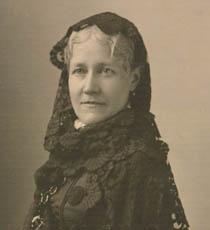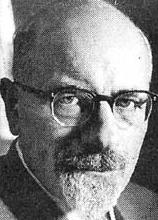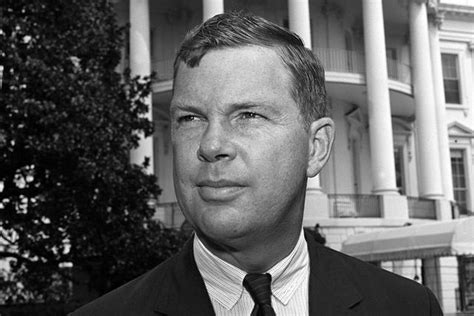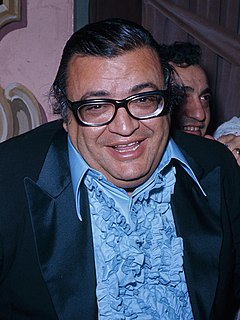A Quote by Stephen Ambrose
Johnson had been the most powerful man in the world, yet the North Vietnamese and the Vietcong had resisted, overcome his power, broken his will.
Related Quotes
Words were one of the most powerful forces known— or unknown— to man. The Most High had created this world with His words. And humans, who had been fashioned in His image, could direct the entire course of their lives with their words, their mouths as the rudder on a ship, as the bridle on a horse. They produced with their words. They destroyed with their words.
It would perhaps not be amiss to point out that he had always tried to be a good dog. He had tried to do all the things his MAN and his WOMAN, and most of all his BOY, had asked or expected of him. He would have died for them, if that had been required. He had never wanted to kill anybody. He had been struck by something, possibly destiny, or fate, or only a degenerative nerve disease called rabies. Free will was not a factor.
Greatness by nature includes a power, but not a will to power. ... The great man, whether we comprehend him in the most intense activity of his work or in the restful equipoise of his forces , is powerful, involuntarily and composedly powerful, but he is not avid for power. What he is avid for is the realization of what he has in mind , the incarnation of the spirit .
Then you know that Sam was the true hero of the tale,' Sayna said. 'That he faced far greater and more terrible foes than he ever should have had to face, and did so with courage. That he went alone into a black and terrible land, stormed a dark fortress, and resisted the most terrible temptation of his world for the sake of the friend he loved. That in the end, it was his actions and his actions alone that made it possible for light to overcome darkness.
The comparison between Coleridge and Johnson is obvious in so far as each held sway chiefly by the power of his tongue. The difference between their methods is so marked that it is tempting, but also unnecessary, to judge one to be inferior to the other. Johnson was robust, combative, and concrete; Coleridge was the opposite. The contrast was perhaps in his mind when he said of Johnson: "his bow-wow manner must have had a good deal to do with the effect produced.
There were times when it appeared to Dorian Gray that the whole of history was merely the record of his own life, not as he had lived it in act and circumstand, but as his imagination had created it for him, as it had been in his brain and in his passions. He felt that he had known them all, those strange terrible figures that had passed across the stage of the world and made sin so marvellous, and evil so full of subtlety. It seemed to him that in some mysterious way their lives had been his own.
Since the foundation of the world man has had nearly all the forces on his side, working with him and for him; his intellect has been stimulated, while that of woman has been abased; he has had the run of the world and all quickening and brightening things, while she has sat in the cinders, and until of late been illumined only by his reflected light.
Blackthorne, beside the gates, was still turmoiled by his boundless joy at her reprieve and he remembered how his own will had been stretched that night of his near-seppuku, when he had had to get up as a man and walk home as a man unsupported, and became samurai. And he watched her, despising the need for this courage, yet understanding it, even honoring it.
Many people correctly make the point that our only hope is to turn to God. For example, Charles Lindbergh, who said that in his young manhood he thought "science was more important than either man or God," and that "without a highly developed science modern man lacks the power to survive," . . . went to Germany after the war to see what Allied bombing had done to the Germans, who had been leaders in science. There, he says, "I learned that if his civilization is to continue, modern man must direct the material power of his science by the spiritual truths of his God."
A man once jumped from the top floor of a burning house in which many members of his family had already perished. He managed to save his life; but as he was falling he hit a person standing down below and broke that person's legs and arms. The jumping man had no choice; yet to the man with the broken limbs he was the cause of his misfortune. If both behaved rationally, they would not become enemies.
Emile Saint-Blague had been a lively, versatile painter in his youth, but he had abused his energy by painting too many pictures; so that in what might have been the ripe period of his art he had nothing left but ideas. A man who has nothing left but ideas may be of great service to his friends, but he is of no use at all to himself. Emile was certainly an inspiration to his friends.








































